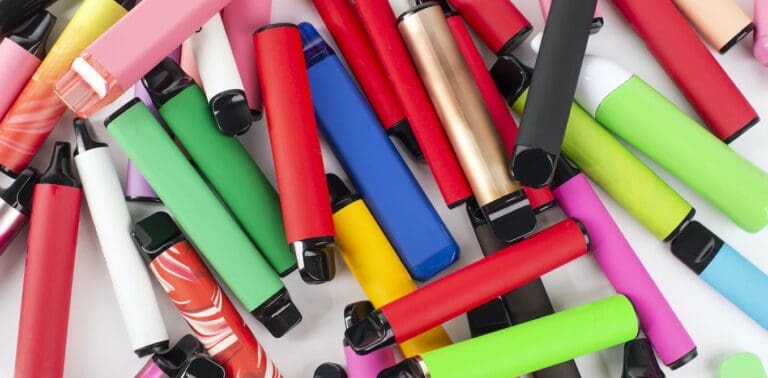South Africa’s New Vaping Tax Won’t Deter Young Smokers
In an effort to reduce the demand for vaping products and address the potential harm they pose, the South African government has implemented a tax on vaping products. However, the vaping industry and lobby groups argue that this tax will not deter young smokers and may even create an illicit industry.
The industry claims that e-cigarettes are less harmful than traditional cigarettes. They also argue that the tax increase on vaping products will lead to a significant price increase, potentially pushing consumers back to smoking traditional cigarettes. The industry warns that the tax is not well-targeted and will not dissuade young people from starting vaping.
Critics of the vaping tax suggest that the excise tax is not sufficiently focused on reducing or preventing the use of vaping products among youth. They point out that young people who are starting to vape are more likely to purchase disposable vapes, which attract less tax. Therefore, the current tax system is not effectively targeting this group.
One of the concerns raised is the increasing popularity of disposable vapes among young people. These closed systems are thrown away once the liquid is finished and have become a gateway to potential lifelong addiction to nicotine for teenagers. The vaping industry claims to only sell to people aged 18 and older, but this is not always the case.
Surveys conducted in South African schools reveal that a significant number of high school learners are already using vaping devices. The prevalence is particularly high among grades 11 and 12, with 27% of grade 12 learners reporting vaping device use. This indicates a concerning trend of youth engagement with vaping products.
The implementation of the vaping tax has intensified the competition in the vaping market. Marketed towards the youth with various flavors and attractive designs, vaping devices come in many shapes and forms. Some even resemble ice lollies, further enhancing their appeal to young consumers.
While the retail price for these products has not changed significantly, suggesting that the new excise tax may be absorbed by the industry or there is old stock still in circulation, the tax burden on vaping products remains lower than that of tobacco products. This imbalance raises concerns about the effectiveness of the tax in reducing youth consumption of vaping products.
To address these issues, experts suggest implementing a minimum excise tax amount and periodically increasing the excise tax on e-cigarettes by the inflation rate, plus a pre-announced additional percentage. This multi-year approach would make vaping products less affordable over time and ensure that tax increases are predictable.
The flaws in the current tax system need to be addressed to effectively deter young smokers. The South African government should consider revising the tax structure and implementing measures that target the consumption of vaping products among the youth. By doing so, they can take a significant step towards reducing the potential harm caused by vaping and preventing a new epidemic of addiction.
Overall, the introduction of a vaping tax in South Africa presents an opportunity to address the growing problem of youth vaping. However, the current implementation may not be as effective as desired. Continued evaluation and improvement of the tax system can better deter young smokers and protect public health.


0 Comments